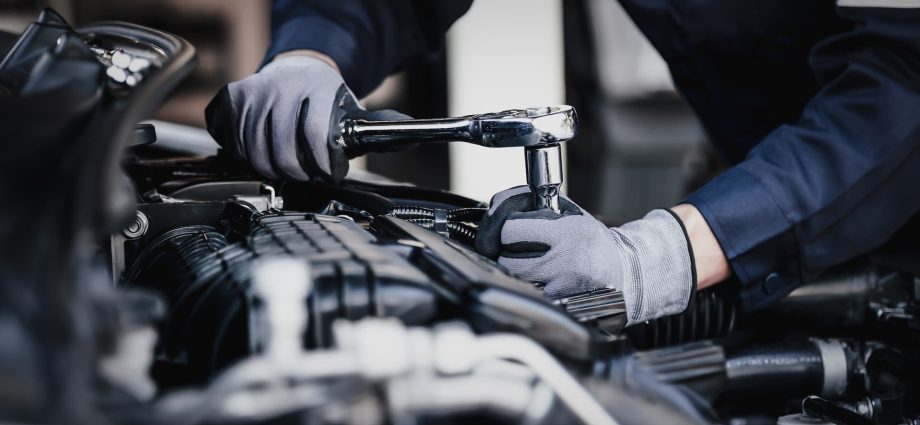Mechanics must possess both hands-on experience as well as computer proficiency for diagnostic testing purposes and read information found on car manufacturer websites.
Education on basic vehicle maintenance and understanding all of its parts can help you be a more informed consumer and avoid being taken advantage of. Knowing, for instance, what the flat rate repair time is can protect you from paying too much.
Skills
Skilled mechanics must be adaptable and eager to acquire new abilities, both hard and soft skills that can set them apart during interviews and impress employers.
Mechanics are responsible for inspecting, maintaining and repairing cars and light trucks. To be effective at their jobs they must work well with customers, write repair orders and use various tools including computerized diagnostic equipment.
Strong communication skills among mechanics are crucial for helping their customers understand the nature of their car issues and the steps needed to repair them. Furthermore, they should also be able to explain charges and give detailed descriptions of work performed. Many technicians take courses in customer service to develop these abilities further – although apprenticeship or on-the-job training could also prove useful.
Education
Aspiring auto mechanics may launch their careers through vocational programs in high school or certificate or associate degree programs at technical colleges. Many programs also include academic skills like reading comprehension and speech and communication classes that will equip them with essential customer interaction abilities.
Some states require mechanics to gain certain work experience before becoming licensed, though most mechanics are either self-employed or work at independent shops.
Some mechanics can gain voluntary certification through the National Institute of Automotive Service Excellence (ASE), with specialty areas including air conditioning, heating and cooling systems, advanced engine performance evaluation and damage analysis and estimation. To be recognized as an ASE Master Professional status holder a mechanic must pass all exams for that series of certification exams.
Experience
Mechanics provide routine maintenance, diagnostic testing, repairs and inspections to small trucks and cars. Their duties may include working on engines, drive belts, transmissions and electronic systems such as navigation or accident avoidance systems. Some mechanics also specialize in rebuilding or repairing transmissions or hydraulic pumps before conducting NYS inspections of these vehicles and equipment.
Mechanics need to interpret computer readouts from their diagnostic tools and compare them with manufacturer technical manuals, necessitating strong problem-solving skills. Effective communication is also vital as mechanics often interact with customers on a regular basis – the best certified auto mechanics can explain complex mechanical or electrical issues so customers understand them, creating a positive customer experience and increasing repeat business. Furthermore, maintaining thorough records of repairs and inspections is crucial.
Licenses
Some states mandate that car mechanics possess an occupational license before working in their field. This may include both general auto mechanic licenses as well as specific certifications that focus on working on certain cars – manufacturer certification being one example.
Mechanists may pursue voluntary ASE certifications, which are sometimes required by car repair shops. These exams can often be taken during or after an educational program in order to fulfill work experience requirements. The ASE website offers practice tests and test prep checklists.
Kentucky and North Carolina require mechanics to obtain a full service license, which involves having and maintaining insurance to cover damages to property and bodily injuries as well as equipment to safely raise and support vehicles for inspection during repairs.
Certifications
Car mechanics require both an excellent work ethic and technical aptitude in order to succeed at their profession, but in addition it’s crucial that they receive appropriate training and certifications – having earned National Institute for Automotive Service Excellence certifications is one way that could increase your salary considerably.
Manufacturer-specific certificates can also expand your career opportunities, teaching you everything there is to know about working on one automaker’s automobiles.
Education is the cornerstone of a fulfilling career as a mechanic, and UTI offers several automotive programs tailored specifically to your schedule and interests. Request information today to begin your journey! – Corey Spohr, Director of Admissions for Universal Technician Institute.











